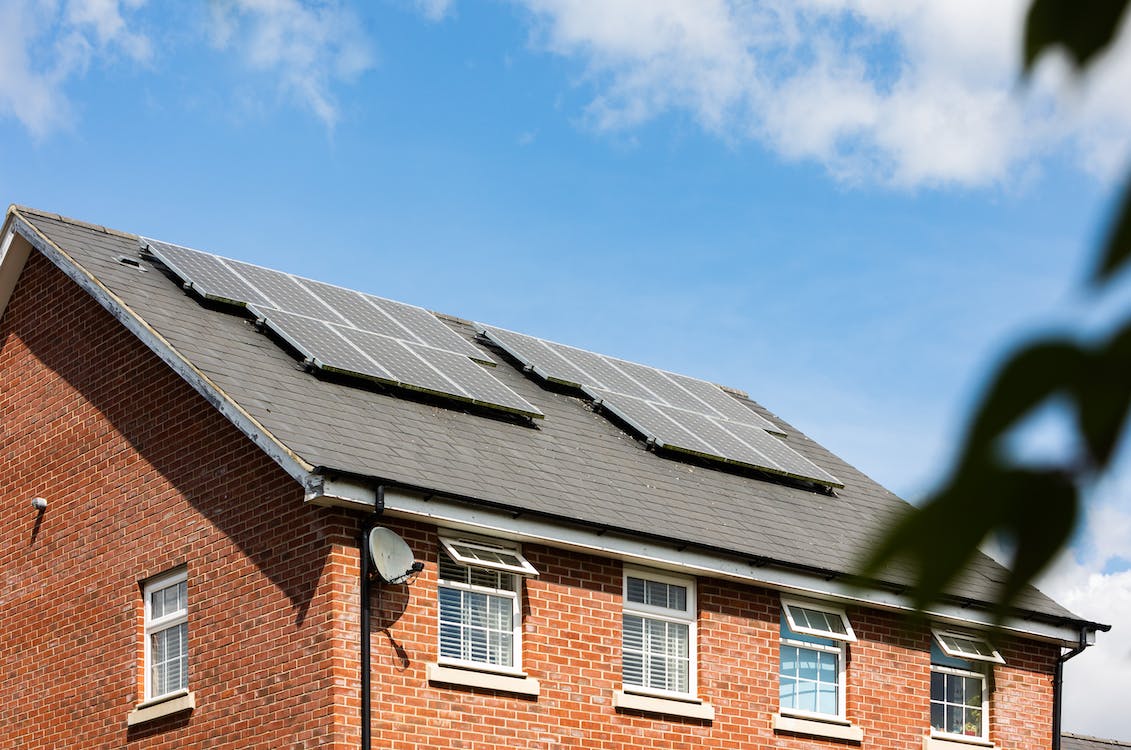When camping, having access to electricity can be a benefit from both a convenience standpoint and a safety standpoint. Having conveniences like fans during hot weather, easy access to lights, compact heat sources and even televisons and laptops for those rainy days when your stuck in your tent can be very comforting and beneficial.
Since not all campsites offer the option or luxury of having an electrical hook-up readily available, many campers choose to go the solar route. As many camping product review websites reveal, there exist a number of options to consider.
The best types of solar panels for camping are typically portable and foldable panels with high efficiency and a compact design that can easily be transported from the vehicle to the campsite.
They should also be durable and weather-resistant to withstand outdoor conditions and the rigors of being moved around the tent or around the campsite where people and pets may be walking around throughout the day and night..
Some popular options include monocrystalline and polycrystalline panels, as well as flexible, rollable panels.
It’s important to consider the power needs of your camping equipment and choose a panel with a sufficient output to meet those needs.
While roll-able panels are oftentimes seen as the cats meow for ease of use and portability, they oftentimes do not produce as much electricity as rigid designs that are usually thicker and feature more robust interior components designed to produce more wattage and overall power.
Always Consider The Weather
Solar panels can still produce some electricity on cloudy days, but their output will be reduced compared to sunny conditions. This is important to consider if you are going to be camping in an area where thick cloud cover is commonplace.
The amount of electricity generated on a cloudy day will depend on the intensity of the clouds, as well as the type of solar panel being used. Some newer solar panel technologies, such as thin-film panels, are more efficient at converting diffuse light (light that is scattered in the atmosphere via cloud cover or other natural occurrences) into electricity, so they may be better suited for cloudy conditions.
However, for most types of solar panels, the output will be reduced on cloudy days so it’s important to place the panels in areas where the most direct sunlight can be obtained.
Consider A Solar Powered Generator With A Storage Battery
Solar panels convert sunlight into electricity, which can be used immediately or stored for later use. To store this energy, a solar panel system typically includes a device called an inverter, which converts the direct current (DC) electricity produced by the panels into alternating current (AC) electricity that can be used immediately or stored in a battery for later use.
Along with the inverter, a solar panel system also includes a device called a battery bank or energy storage system, which stores the excess electricity generated by the panels for later use. The battery bank can be used to store energy for use at night or on cloudy days when the panels are not producing as much electricity.
The best solar generators for camping usually contain lithium type batteries. Lithium cells are compact and can store a lot of energy. The only real drawback to lithium batteries is that performance can degrade in cold weather. So it’s best to keep them warm if possible.
While camping is often about ”roughing it” in the great outdoors, having access to electricity can do wonders, especially if young kids are involved! Should your camping adventure find you in Texas, you might consider drawing power from the grid using energy from one of the top light companies in Texas, particularly if you’re in a campsite that allows such connections. Solar panel portable generators offer a great way of having electric power at hand quickly and easily and without much hassle.
When you make your list of things to bring along on your next camping trip, consider a solar power source as a great option!

